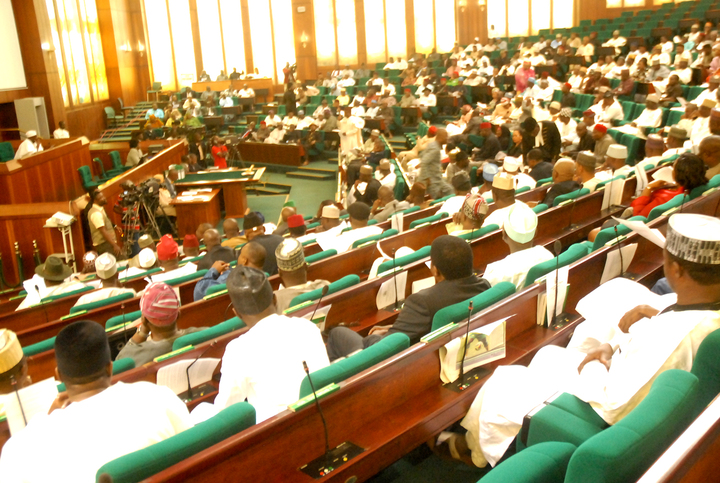ABUJA, Nigeria – A bill seeking to abolish the death penalty in Nigeria has successfully passed the second reading in the House of Representatives.
The bill, introduced by Deputy Speaker Benjamin Kalu, alongside six other lawmakers, proposes an amendment to Section 33(1) of Nigeria’s 1999 Constitution.
Section 33(1) currently stipulates, “Every person has a right to life, and no one shall be deprived intentionally of his life, save in execution of the sentence of a court in respect of a criminal offence of which he has been found guilty in Nigeria.”
The proposed bill seeks to delete the phrase, “Save in execution of the sentence of a court in respect of a criminal offence of which he has been found guilty in Nigeria,” effectively abolishing the death penalty as a form of punishment.
The move comes amid a growing debate on the death penalty in Nigeria, where it is still applied for serious crimes such as armed robbery and murder.
However, executions have been rare in the country in recent years.
Since 1999, successive presidents and governors have refrained from signing death warrants, leading to a significant backlog of death row inmates.
Human rights activists have long called for the death penalty to be replaced with lengthy prison sentences, citing concerns about the fairness of the justice system and the possibility of wrongful convictions.
The passing of this bill represents a significant step toward addressing those concerns and potentially aligning Nigeria with a growing global trend toward the abolition of the death penalty.
The bill will now proceed to the next stages of legislative consideration before potentially becoming law, marking a critical moment in the ongoing debate over capital punishment in Nigeria.







